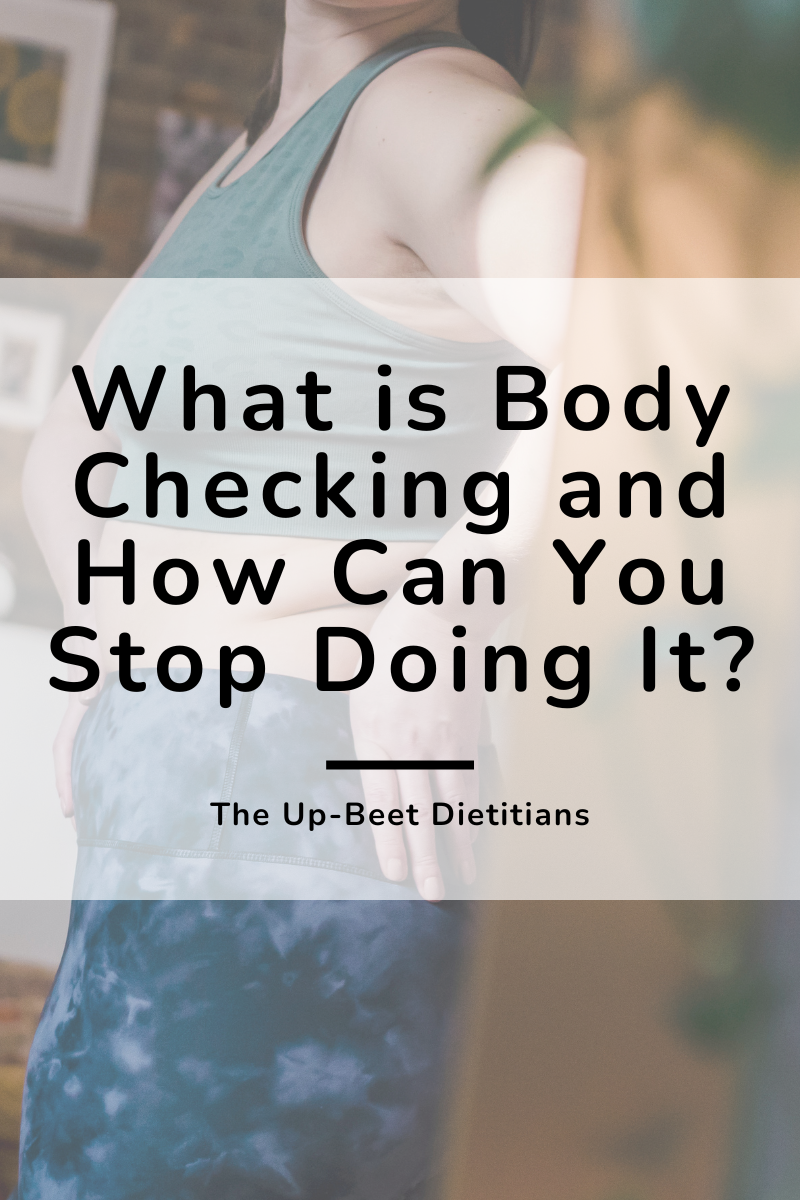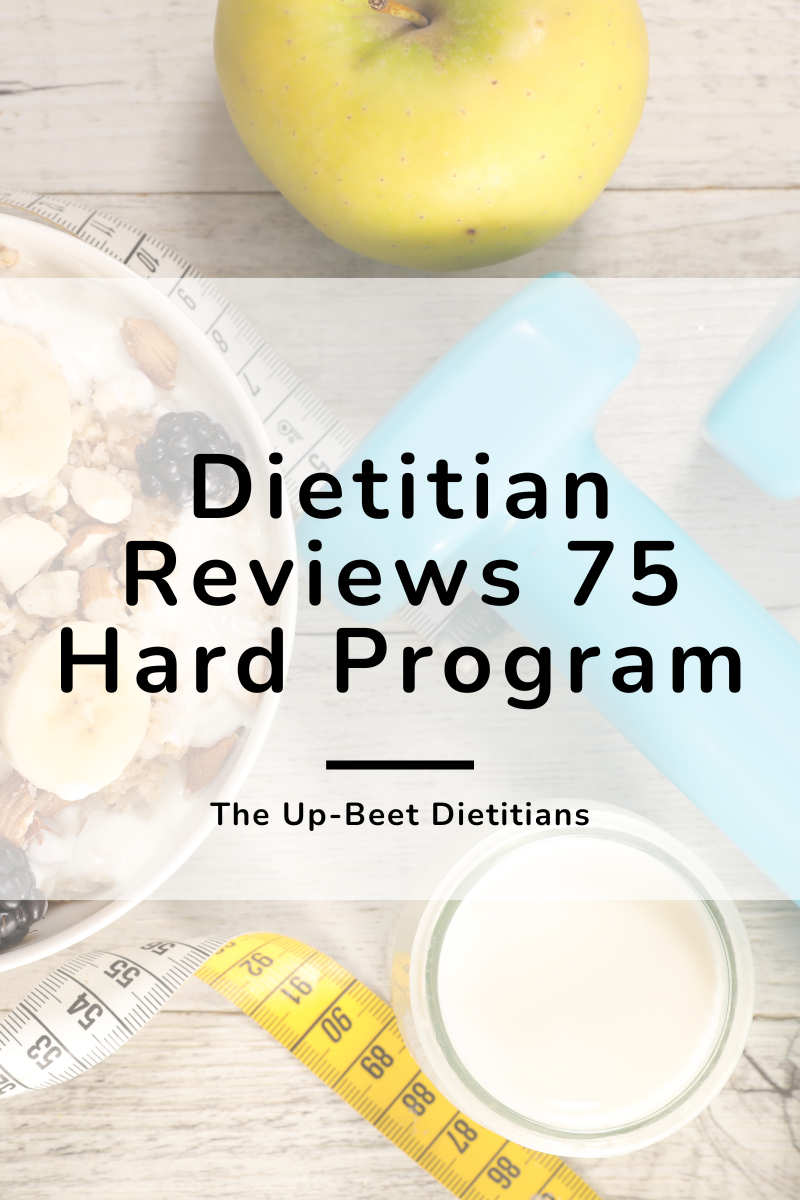Will You Gain Weight with Intuitive Eating?
Written by: Emily Krause, MS, RDN, LD
If you embrace intuitive eating, will you gain weight? Will you lose weight? Will your weight change?
One of the biggest questions dietitians get about intuitive eating is “will I gain weight?” As much as we’d love to give you a yes or no answer, like a lot of other aspects of nutrition, the answer isn’t always that black and white.
What is Intuitive Eating?
To start, we need to establish what intuitive eating is. For a general overview of intuitive eating, read our blog here or tune into our podcast episode on it. Intuitive eating is a self-care-focused framework for eating developed by Evelyn Tribole, MS, RDN, CEDRD-S and Elyse Resch, MS, RDN, CEDRD, FIADEP, FADA, FAND. This methodology focuses on mental and emotional health on top of physical health. It’s based upon 10 principles that help you get back in tune with your body’s psychological and biological needs while helping you remove yourself from the diet culture space. So bottom line, Intuitive Eating isn’t a lifestyle-focused shift that specifically targets any changes in weight.
What are some factors of intuitive eating that may affect your weight?
Once you start adopting intuitive eating into your life, there are opportunities for many aspects of your life to change, especially when it comes to nutrition and fitness.
1. Rejecting dieting
Once you stop dieting, your body won’t be in a constant state of restriction. A lot of the popular fad diets encourage drastic restriction by taking out food groups and underfueling your body. After you ditch the diets, your metabolism will continue to try to stabilize itself. When we eat an adequate amount of food that our body needs to function, our weight may fluctuate.
2. Honoring hunger and fullness cues
When we start to get back in tune with our hunger and fullness cues, we start to listen to our body better. Are we still hungry or do we want to keep experiencing this meal? Is this headache a sign I need to eat? This isn’t something that’ll happen overnight but working with a dietitian can help you gauge these reflections better. You may end up eating more and you might stop eating quicker once you start developing these cues again.
3. Not using food as a coping mechanism
Emotional eating is something a lot of people live with. There are multiple reasons for emotional eating: eating out of sadness, stress, happiness, boredom, etc. Emotional eating gets a bad rap, but it’s good to reflect on your relationship with food and if you do use it as a coping mechanism. Relearning the different types of hunger and finding non–food coping mechanisms may lead to you eating differently, which could affect your weight as well.
When you are drowning, your body is desperate to get oxygen. When you diet for years, your body is desperate for calories.
One of the best examples we like to share when discussing intuitive eating and weight is the metaphor of drowning compared to chronic dieting.
Imagine you are in a pool, ocean, or any body of water, and you swallow too much water. What is the first thing you do? You start coughing. You start breathing more heavily. Nothing else at that moment matters besides trying to clear your airway to get oxygen to your body. Your body’s top priority is getting oxygen.
Something very similar happens to your body after years of dieting or even severe restriction for a short period of time. When your body is critically restricted of adequate calories to function, its first priority is trying to stabilize itself. Your body will go into a state of high stress and “fight or flight” where it’s concerned about keeping you alive. So, when we no longer restrict ourselves (ex: give ourselves oxygen if drowning), our body prioritizes stabilization and weight gain may be a result. If you gain weight after dieting, your body was meant to gain that weight. It’s not a bad thing.
So, you might gain weight. You might not.
Intuitive Eating wasn’t developed specifically to manipulate your weight. It’s a non-diet approach that focuses on all aspects of health and works to combat health issues like weight stigma, weight cycling, and eating disorders. There is a possibility you will gain weight once you start incorporating components of intuitive eating, but that is NOT a bad thing. Your body is very smart and we should trust it. Work with your body rather than against it! Everyone’s intuitive eating journey will look differently, so we can’t promise any specific result regarding weight. To learn more, listen to our podcast, read the Intuitive Eating book, or check out the Intuitive Eating website.
Want to work with a registered dietitian to find a more sustainable approach to your health? Work with Emily or Hannah.





